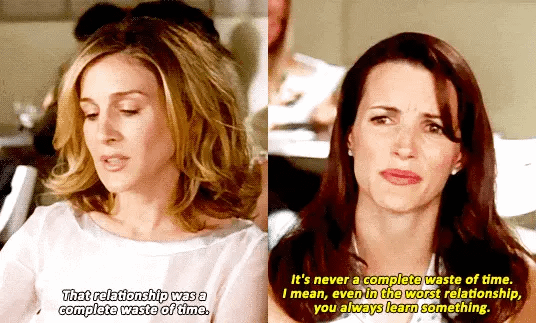Welcome to 52 Friends. A friendship diary written by me, Miriam Amdur. ✍️
I explore friendship and share my observations of the human condition. Subscribe to read :)
Hey Friend,
I’m Miriam, an entrepreneur and writer based in Toronto, Canada. These days, most of my time is spent running my fine jewelry business called Simon & Gloria. However, not long ago, in October 2022, I set a goal to make one new friend or reconnect with an old one for 52 weeks—all in the name of advocating for the prioritization of platonic love.
Now, I’m doing it again because in the years that followed, I have new ideas to share and a dedication to exploring loneliness and friendship.
Let’s see what happens?
What is this blog?
I once made it my goal to make 52 friends over the course of a year. Now, I’m doing it again. Subscribe to follow Season 2.
I am currently working on my debut novel, titled The Salad Days. It’s a work in progress, but one that you’ll love as it will cover years of some of my most memorable friendships.
(Above: Me.)
I sometimes also feel like I’m a mix of Carrie Bradshaw and Charlotte York’s characters.
Where else can I find you?
You can follow me on Instagram @52.Friends
~ Miriam 🥰
Thinking of reaching out to an old friend?
Do it! The American Psychology Association found that receiving a message from an old friend can lead to feelings of surprise and appreciation.
I’ve thought of some non-awkward ways to reconnect.
Send a quick text and ask to get coffee
Invite them to an event
Slide into their DMs
Get together with mutual friends
Share a memory
“The longer I live, the more deeply I learn that love — whether we call it friendship or family or romance — is the work of mirroring and magnifying each other's light.”
—James Baldwin
Stay up-to-date
You won’t have to worry about missing anything. Every new edition of the newsletter goes directly to your inbox.




